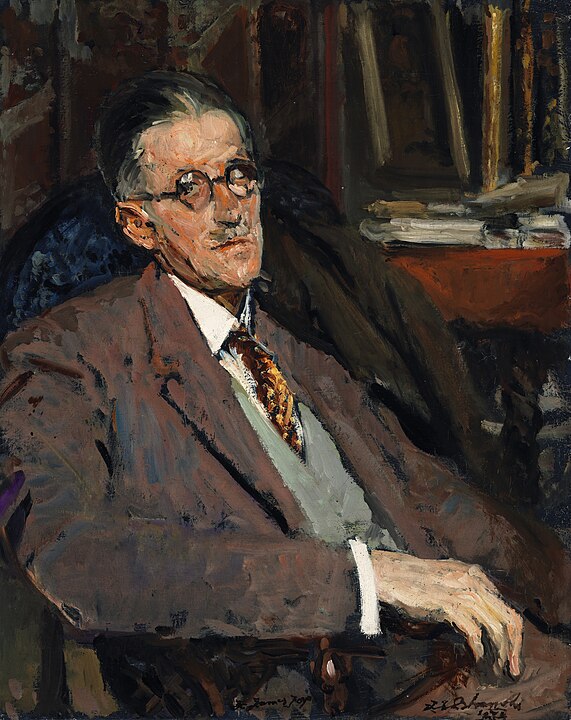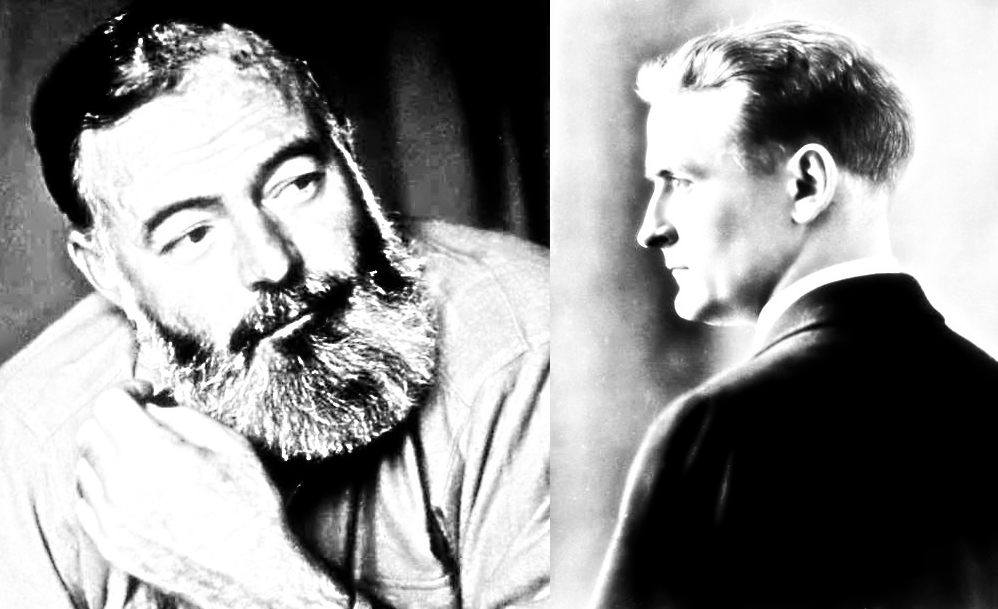“The books that the world calls immoral are books that show the world its own shame.” — Oscar Wilde, The Picture of Dorian Gray
For as long as pen has been put to paper, the powerful have sought to destroy the revealing word, from the earliest days of satire to modern cases of freedom of speech and libel. Today’s quote reflects on the monumental amount of history that cherishes this fact. 1984 by George Orwell, and Fahrenheit 451 by Ray Bradbury are two books that have come under fire in school districts over the years for their “controversial” subject matter. They are also two books about banning language and knowledge, which is ironic and it’s also especially relevant considering Oscar Wilde’s quote.
The idea of “shame” in book banning is an interesting one. If we define “shame” as “a painful emotion caused by consciousness of guilt, shortcoming, or impropriety” then we can see how transference exists between what society indulges in and what it typically bans (Merriam-Webster).
Case in point: our society seems to understand greed as evil through pop culture and yet the driving force of every aspect of America is capital (religion and community mores also play a role in other types of “shame”). Additionally, “shame” might also give us the inciting reason why books are banned in the first place. Butler University states there are many reasons why books are banned, and these reasons include:
- Racial Issues
- Encouragement of “Damaging” Lifestyles
- Blasphemous Dialog
- Sexual Situations or Dialog
- Violence or Negativity
- Presence of Witchcraft
- Religious Affiliations
- Political Bias
- Age Inappropriate
The link here will take you to a page where there are explanations for each designation, but for the purposes of this post, we can certainly infer that each one relates to “shame” in a particular way. For example, racial issues in texts tend to rub less-diverse communities the wrong way (Ralph Ellison’s Invisible Man), and sexual situations and sexual dialogue makes repressed societies fearful of sin (Oscar Wilde’s The Picture of Dorian Gray, for instance).
Our collective shame drives what we are fearful of it seems, and while that is not a particularly wholesome world outlook, it certainly helps make sense of otherwise irrational views on important and popular literary works.
Works Cited
“Banned Books: Reasons Books Are Challenged.” Butler University Libraries, 17 Apr. 2021, https://libguides.butler.edu/bannedbooks?p=217686.
Definition of SHAME. 4 Dec. 2021, merriam-webster.com/dictionary/shame.
Plath, Dara. “Top 10 Banned Books That Changed the Face of Black History – National Coalition Against Censorship.” National Coalition Against Censorship, 12 Aug. 2020, ncac.org/news/blog/top-10-banned-books-that-changed-the-face-of-black-history.








Leave a Reply